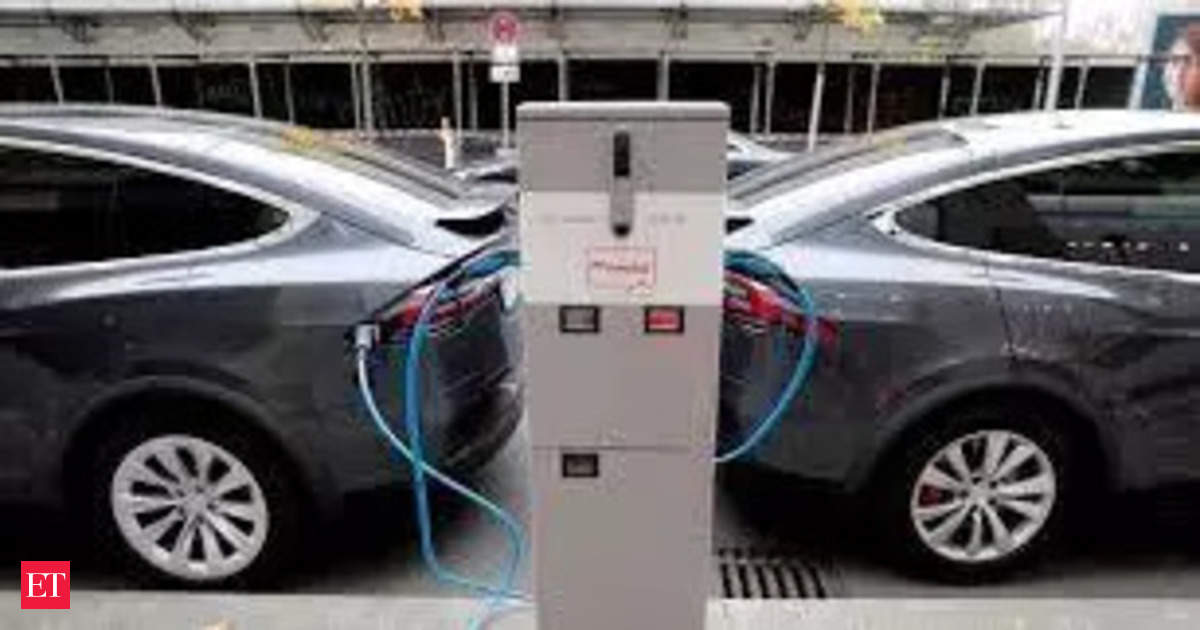Battery concerns still deterring drivers
The market hesitancy toward petrol and diesel vehicles exists because potential customers continue to doubt how long EV batteries will last. The Association of Fleet Professionals (AFP) reports that electric car drivers continue to doubt second-hand battery reliability even though electric cars have become more easily available. The existing doubts about electric vehicle adoption are supported by numerous myths, which AFP declares as baseless notions, including swift battery destruction or self-ignition possibilities.
The false notions about used EVs strongly influence the market, according to Ric Baird, who serves as a board director at the AFP. He emphasized the requirement to create acceptance of electric vehicle purchases because many auto dealers face related doubts about selling these vehicles to customers. Standard battery inspections provide assurance for used EV buyers and sellers about their product reliability because they confirm dependable usage characteristics.
Industry backs Labour’s pledge
The Labour Party previously promised to support the used EV market through standardized tests of battery condition. The party declared in its manifesto that mandatory battery reports would assist buyers in acquiring better information regarding second-hand electric car value. Industry leaders specifically request that the previously made pledge by the Labour Party become formal policy.
Research from AXA UK documented that buyers demonstrated a strong reluctance to acquire EVs during the first quarter of this year. Research showed that people who drove vehicles were not planning to buy electric cars because 37 per cent mentioned they feared the effect of battery lifespan on their purchase decision and 63 per cent expressed no intention to get electric vehicles at all. Second-hand EVs did not interest the majority of potential buyers, according to data collected.
Battery checks could stabilise pricing and insurance
Axel Springer SE maintains that European battery health certificates would establish a single standardized method for inspecting vehicle battery health for all automobile manufacturers. Standardized battery value assessments will boost customer trust and enable insurers to determine auto worth accurately, so premiums should become more precise and affordable.
Adults need to hear of battery health certificates because they operate like odometer documents do for gasoline-powered automobiles, according to Marco Distefano, who leads AXA Retail. He asked the government to establish rapid, standardized guidelines because this action would revitalize the used electric vehicle market and create better understanding for purchasers, sellers, and insurers.
Industry experts agree that suitable technological tools can inspire a higher rate of drivers to transition towards pollution-free transportation.
Also Read : UEFA Champions League Aston Villa vs PSG quarter final: Live streaming, predications, and more details
FAQs
Q1: Why are battery health certificates important for used EVs?
A1: They offer reliable information about battery condition, helping buyers feel more confident and allowing insurers and dealers to assess value fairly.
Q2: What’s stopping people from buying second-hand EVs?
A2: Many drivers fear battery degradation and lack trust in electric vehicle longevity due to widespread misinformation.
Disclaimer Statement: This content is authored by a 3rd party. The views expressed here are that of the respective authors/ entities and do not represent the views of Economic Times (ET). ET does not guarantee, vouch for or endorse any of its contents nor is responsible for them in any manner whatsoever. Please take all steps necessary to ascertain that any information and content provided is correct, updated, and verified. ET hereby disclaims any and all warranties, express or implied, relating to the report and any content therein.


